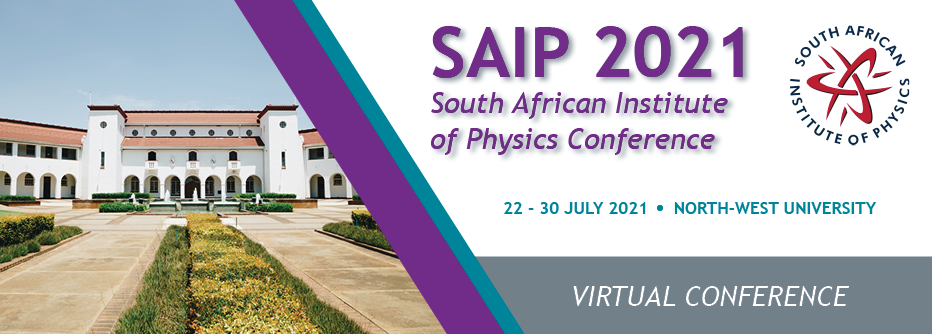Speaker
Description
The first quantum revolution started in the early 1900s and was characterized by the exploration of physics at the sub-atomic level. This was followed by a second revolution around the 1970s, which witnessed the application of quantum physics to develop quantum technologies. Currently, quantum technology is gaining traction in most parts of the world. However, besides having a history of innovation in quantum physics, Africa has fallen behind in each quantum revolution. Therefore, this paper addresses challenges relating to quantum technologies and points to the opportunities that quantum technologies present to close the gap and drive economic growth and development in Africa. The latter can be achieved through capacitation and the democratization of quantum technology knowledge. This initiative will, in turn, ensure that Africa is adequately represented in the second quantum revolution. Finally, in this paper, we introduce a new development framework, namely quantum technology for development (QT4D), and explore how Africa could deploy this framework to advance the adoption and use of quantum technology and become part of mainstream computing landscape. This will allow Africa to apply these technologies in space communications, finance, drug
development, and material science, thus solving some everyday challenges and opening new opportunities for industries leading to economic growth and development.
Level for award;(Hons, MSc, PhD, N/A)?
N/A
Apply to be considered for a student ; award (Yes / No)?
No

